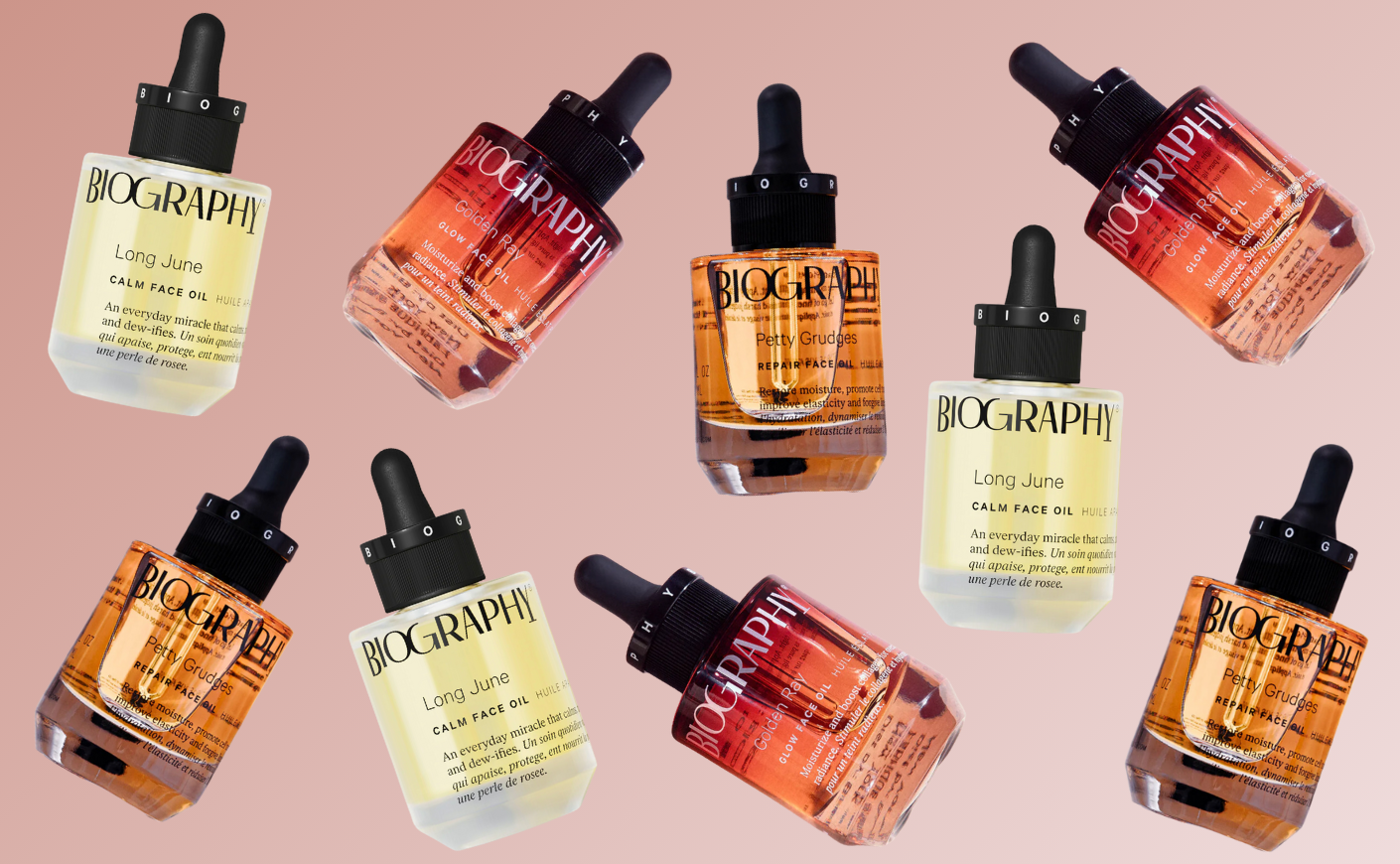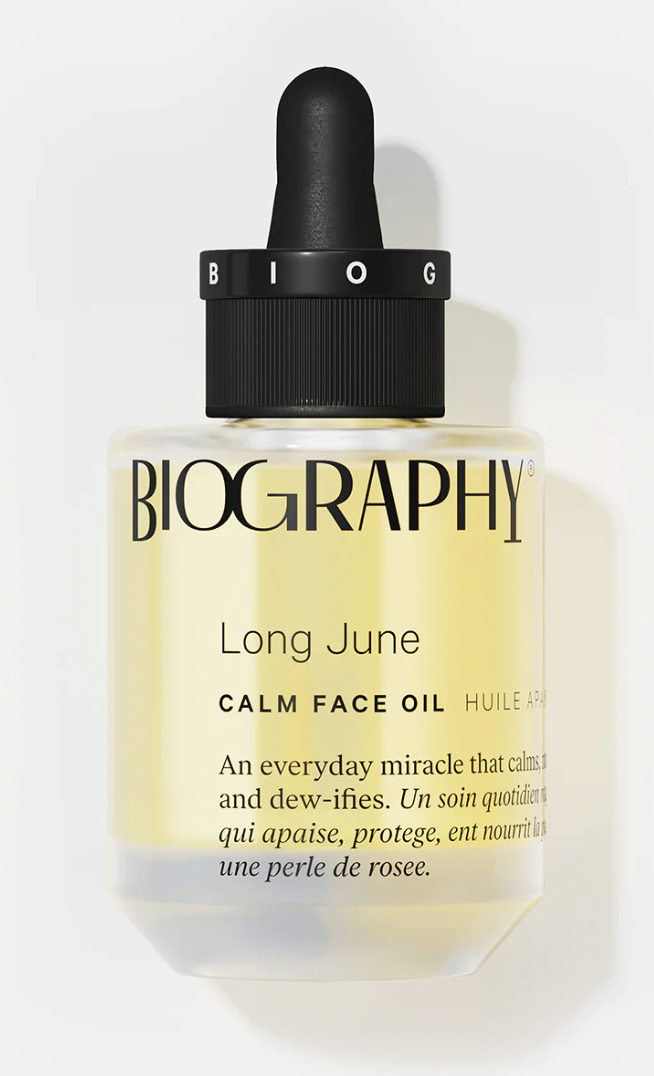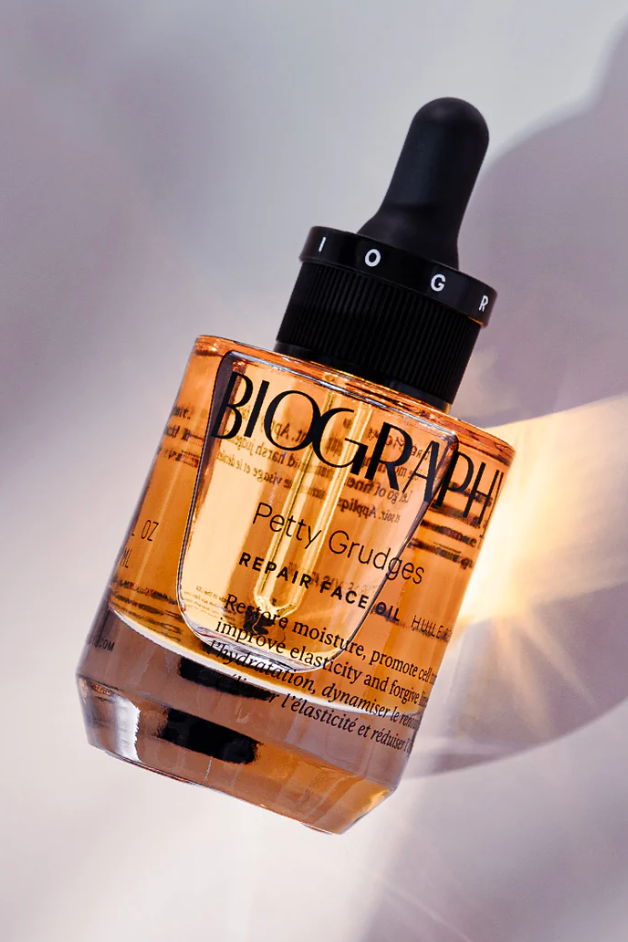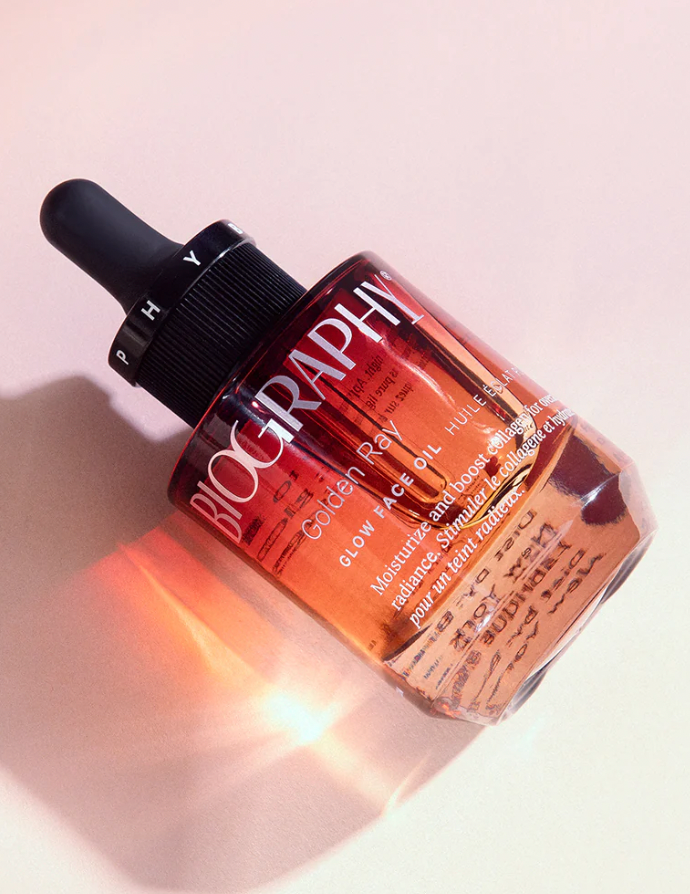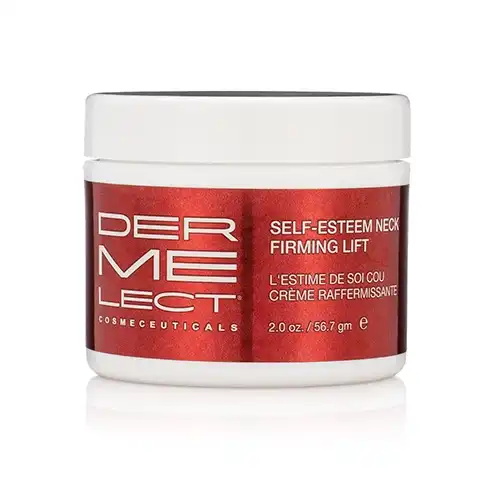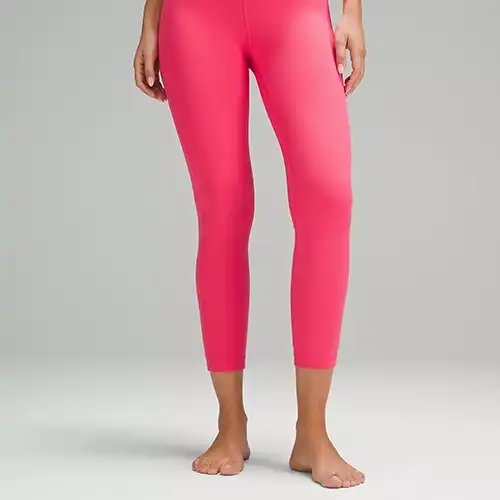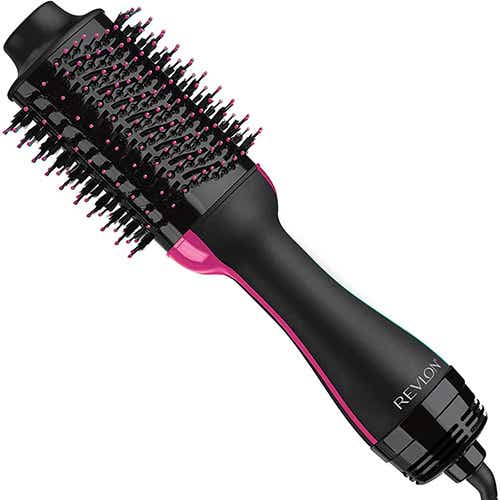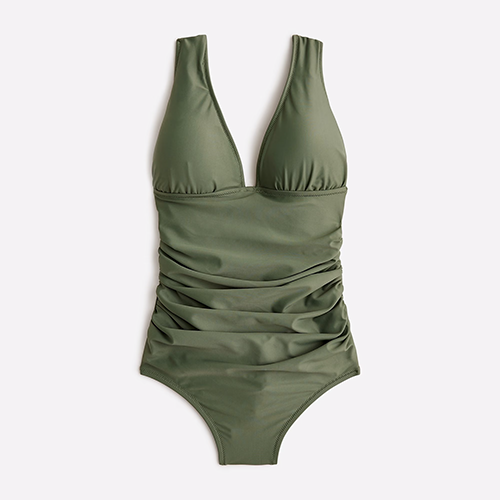Breaking news: Oil is not the enemy.
In the American skincare market, “oil” used to be something of a bad word, synonymous with acne, uneven skin texture, and shiny foreheads. Cleansers and moisturizers proudly declared themselves “oil-free,” and we continue to counter imperfections and blemishes with products that dry up our natural oils and leave our skin stripped. Linda Thompson founded and continues to run her beauty brand, Biography, on a different mindset entirely: Her line is made up of high-quality, carefully blended oils formulated to protect, clarify, and renew skin to leave it healthy and glowing.
While face oils weren’t commonly viewed as a skincare must-have in the U.S. when Thompson first started mixing and gifting them to friends and family a decade ago, they’ve since risen to prominence and there are now too many options to count. Below, Thompson dispels any misconceptions about face oils, how to use them, and how to find the right face oil for your skin’s needs.
What is a face oil?
The name sounds pretty self-explanatory, but there are actually different types of oils meant for different purposes. Sure, they might all have a similar consistency, but they don’t all work the same. At their core, however, face oils are meant to lock in moisture and protect the skin barrier. Some products are simply a single oil, while others are blends that can help address skin concerns like discoloration, fine lines, and more.
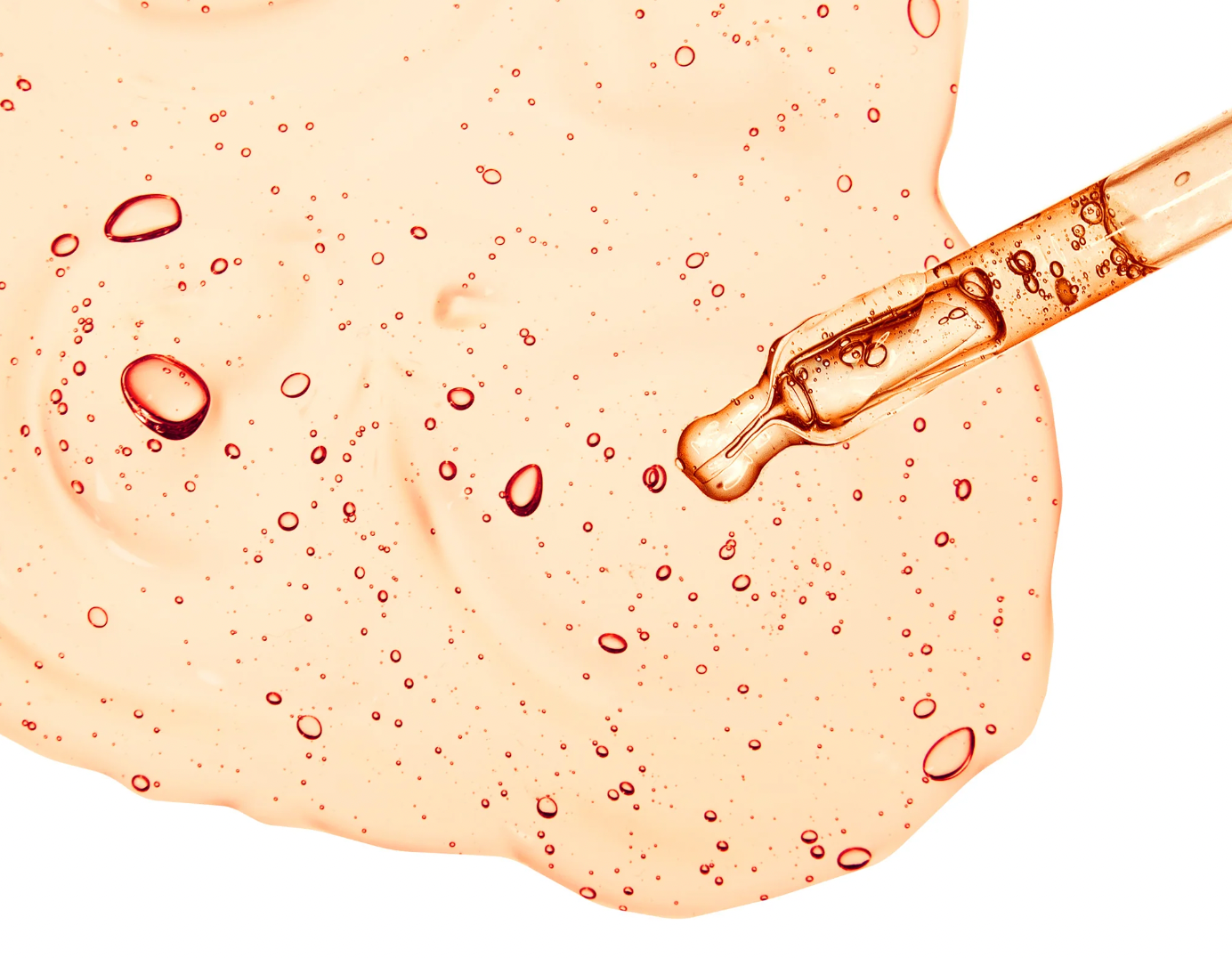
Doesn’t oil on our skin lead to clogged pores or acne?
“Oil helps to regulate your skin so it doesn’t produce as much of its own oils; that’s why it can work for people with oily skin, too,” Thompson explains. “You just have to figure out what your skin needs.” To put it simply, adding a layer of oil onto your skin will not necessarily cause acne because the appropriate product can help moderate your own oil production, and can in fact reduce shine and acne. That’s why Biography’s products work for a range of skin types: “Our oils are non-comedogenic, meaning they don’t contain any pore-clogging ingredients.”
Of course, different oils work better for different skin types. “For people with sensitive, oily, or acne-prone skin, we recommend our Long June oil,” Thompson says. “It contains lightweight, calming ingredients like chamomile and apricot seed oil, so it absorbs quickly and leaves your skin feeling moisturized and soothed.”
What kinds of ingredients should we be looking for in face oils?
Some oils contain “actives,” which are ingredients that actively work toward the product’s intended purpose. Think of toothpaste: The tube probably lists sodium fluoride as an active ingredient for cavity prevention, and then a bunch of other inactive ingredients.
“We believe that less is more when it comes to ingredients — fewer ingredients that are properly blended at a concentration that’s potent and effective,” Thompson tells us.
For example, one of the star ingredients in Biography’s Petty Grudges blend is rosehip seed oil, which contains vitamin C, phenols, and trans-retinoic acid that help repair UV damage, lighten dark spots, and soften fine lines. “That makes it great for people with aging or damaged skin,” Thompson says.
In a similar vein, Biography’s Golden Ray glow face oil contain a few different actives, one of which is French marine algae. “At the concentration in Golden Ray, that algae is clinically proven to stimulate collagen production, which improves elasticity and softens wrinkles,” Thompson says. “Carrot seed oil — another active that’s packed with vitamins A, C, and E — works in tandem to help repair sun damage and scars, boost collagen, and moisturize your skin. It’s a really powerful, but gentle, product.”
Where should face oils fit into our skincare routines? Should they replace a moisturizer?
Before you cut out your go-to moisturizer entirely, assess what’s in it and what it’s doing for your skin. “People use ‘hydrate’ and ‘moisturize’ interchangeably when it comes to skincare, but they’re actually very different,” Thompson tells us. “Hydration = water, and moisture = oil. So if your skin is dull and tight, that means it’s dehydrated and lacking water. If your skin is flaky and red, that means it’s lacking oil.”
For most people, the best way to ensure your skin is getting everything it needs is to layer up. Start with a hydrator, like hyaluronic acid or peptides, to give your skin a boost of water. Then, move onto your moisturizing ingredient — like oils — to seal everything in,” Thompson says. Some oils can be both: Golden Ray contains collagen-boosting marine algae that improves hydration, plus oils that moisturize and lock in that hydration.

Thompson recommends applying oil on damp skin so it locks in hydration for a longer-lasting, dewy look, but regardless of the products you use after cleansing, face oils should be the last product you apply before sunscreen and makeup. That’s because it forms a protective barrier on your skin that other products won’t be able to penetrate.
“You can apply it under your makeup or even mix a few drops in with your favorite foundation or tinted moisturizer to create a glowy sheen. You can also apply a little oil over your makeup as a midday refresh.”
How should we go about choosing an oil brand?
First off, find a company that has strict standards for its ingredients and safety tests its products: “Even natural oils can cause irritation or reactions if improperly formulated or contaminated,” Thompson says.
Assess your skin’s needs, and look for active ingredients at high enough concentrations to get you there — beware of filler ingredients or really low amounts of active ingredients that won’t actually be effective.
If you’re concerned about price, think of it this way: A little goes a long way, so while the price point may be a little higher than a cream moisturizer, an oil will last longer. And Biography has even rolled out mini versions of its oils that will still last you for months, so you can find out if they work for you without making a big financial commitment.








